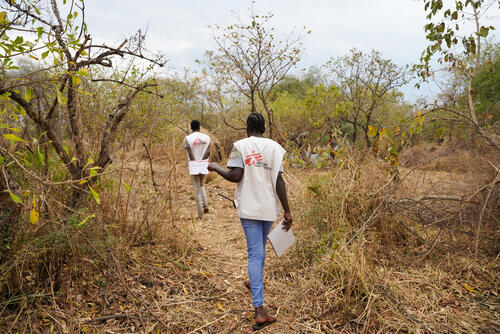Discover all our latest news, stories and publications. Use the filter to get to the content you're looking for.

The situation in the northwest is quickly going from very bad to worse
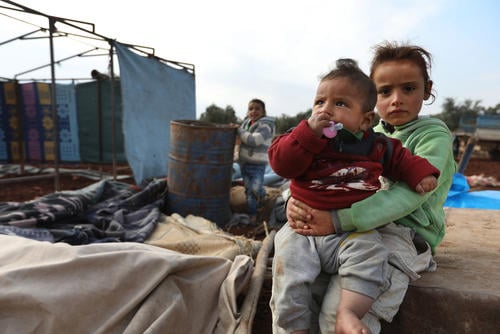
Idlib’s population suffers the consequences of heavy fighting and airstrikes
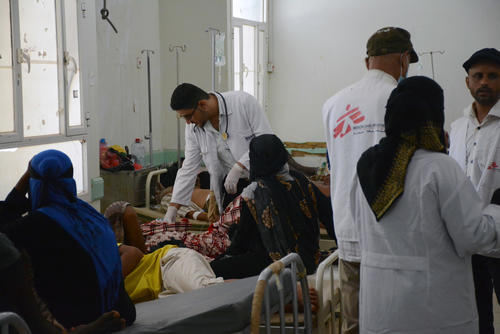
“On an average day in Taiz, we hear around five explosions per minute”
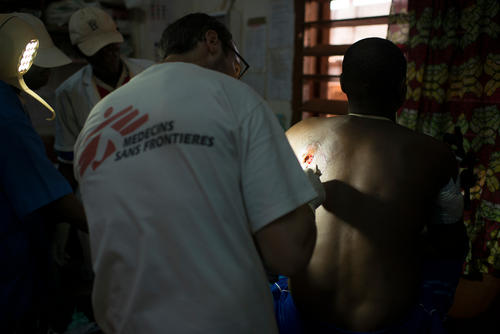
Renewed violence threatens people and healthcare in Bria
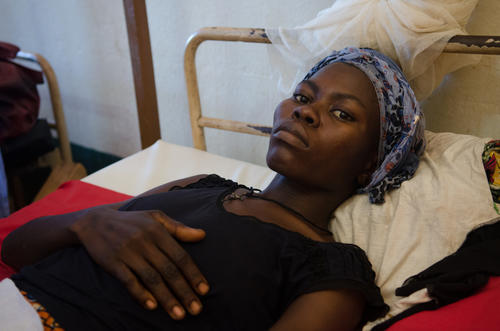
Attacks on medical facilities leave people without options
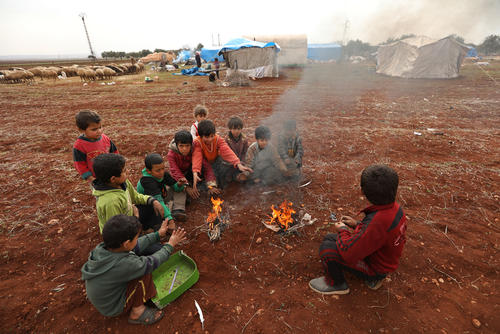
Tens of thousands struggle for survival in the winter cold
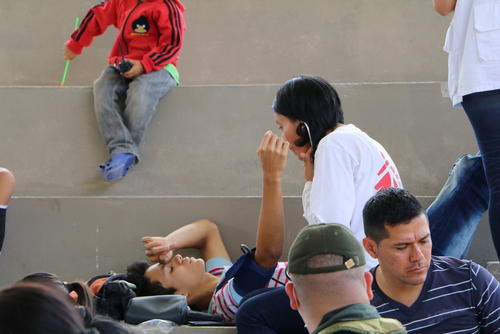
“The violence hasn't eased, it’s just changed its name”
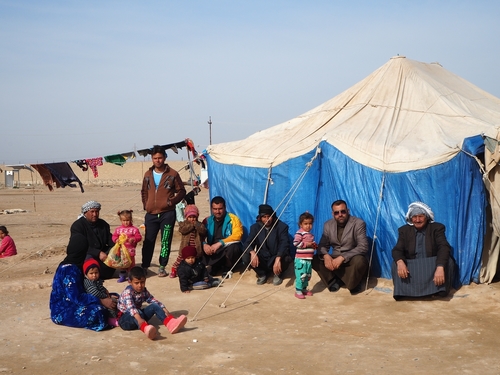
Crisis update – December 2017
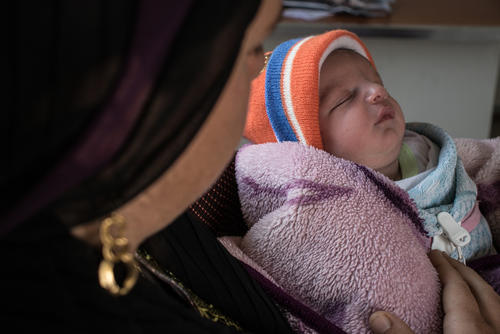
Giving Syrian refugees a safe place to give birth
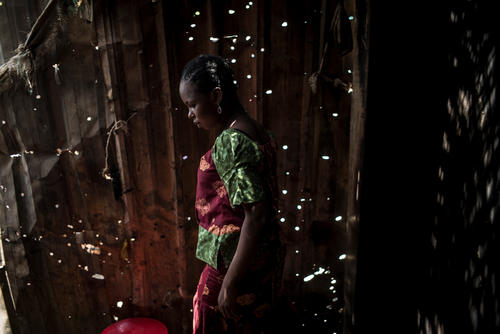
Rann bombing - one year on
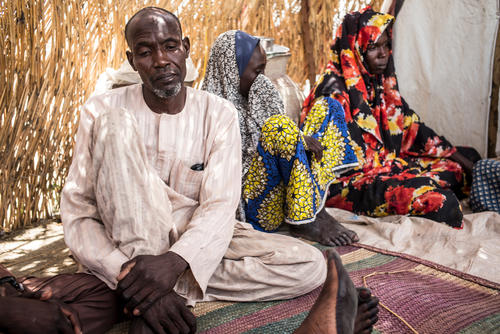
“I feel ashamed of relying on others to live, but we can’t go home”
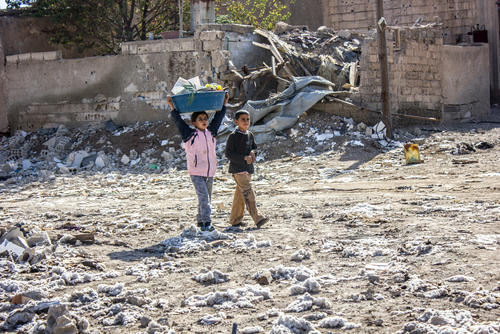
33 blast victims treated by MSF in Raqqa in the first week of 2018
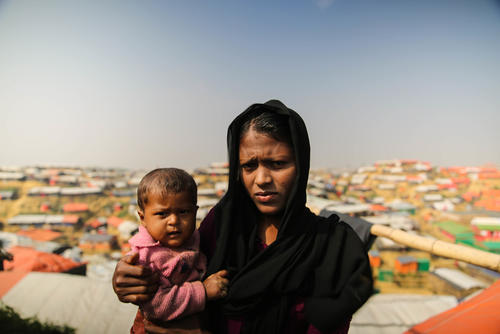
Building a hospital for Rohingya in three weeks

Medical evacuations must be permitted with no strings attached
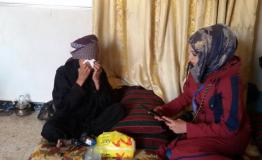
MSF reports show more assistance is needed to meet healthcare needs
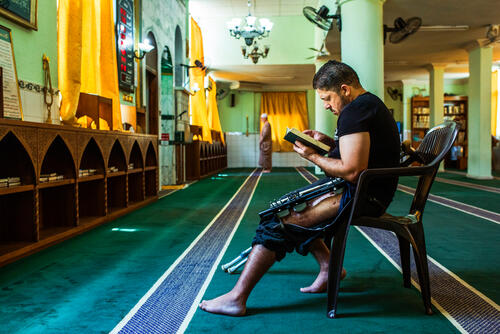
A decade of healing at MSF’s reconstructive surgery hospital
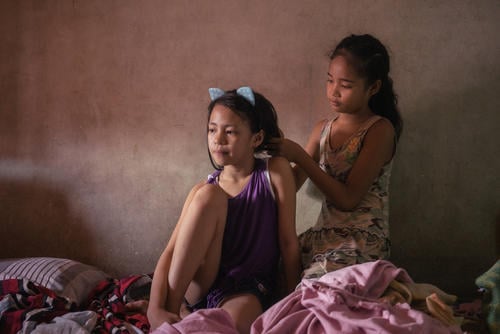
A year in pictures 2017
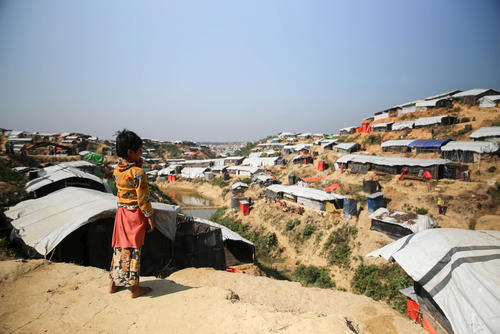
MSF surveys estimate that at least 6,700 Rohingya were killed during the attacks in Myanmar
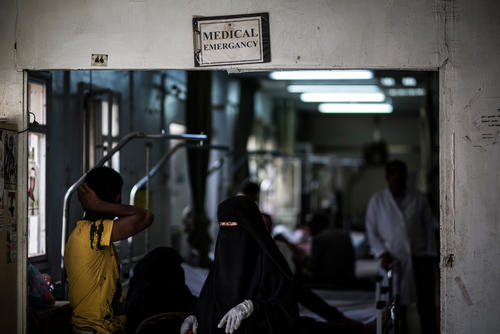
“Just living has become more difficult”

Crisis update - January 2018
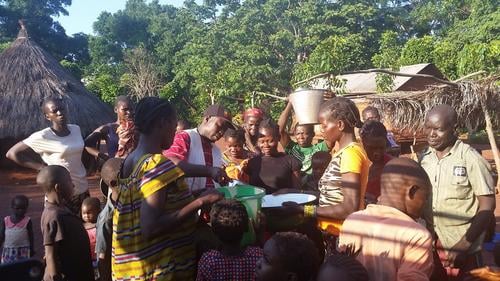
“The only people left in Zemio are those who couldn’t run away”
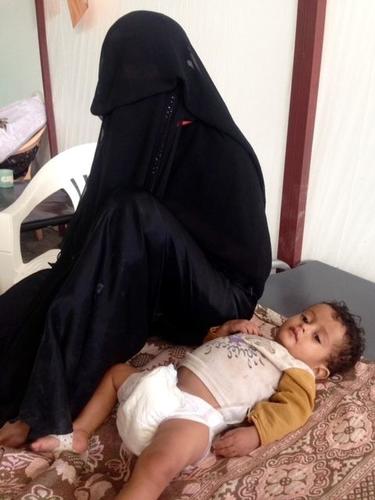
“There is food in the shops but no money to buy it”
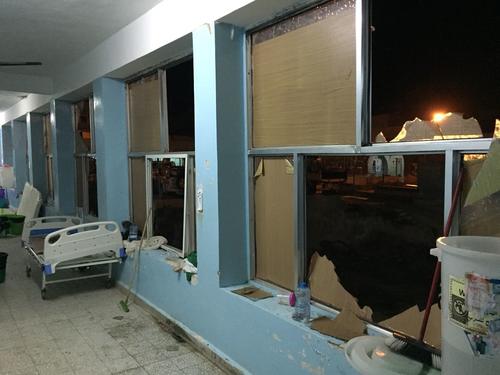
Intense fighting and blockade further reduce access to healthcare
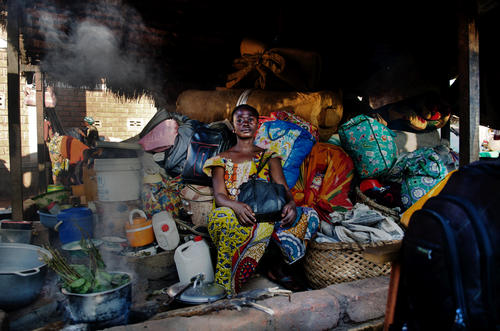
“In Batangafo, people are afraid for their lives. It’s the only thing they have left.”

How we deliver medical humanitarian assistance
Everywhere we work, the circumstances are unique. Nonetheless, our programmes generally follow a common set of practices designed to make sure our resources and expertise are used to maximum effect.



